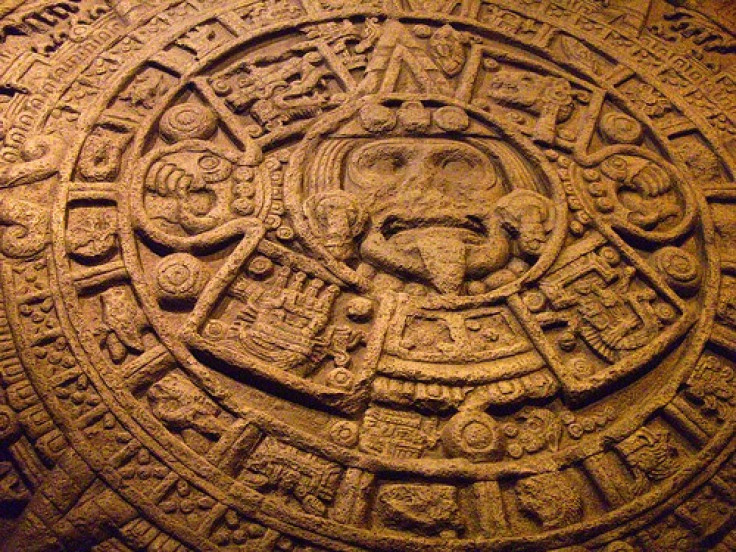The Apocalypse 2012: 2% Of Americans Believe The World Is Coming To And End On Dec. 21

On Dec. 21, we all very well may die. At least that's what the Mayans and, according to the Public Religion Research Institute, 2 percent of Americans think.
The poll surveyed over 1,000 Americans to reach its conclusion. While the vast majority of the country believes they'll survive the month, not everyone polled feels safe about the world we live in.
The survey found that 15 percent of Americans believe the end of the world, as predicted by the Book of Revelation, will occur in their lifetime.
Among the fearful masses, the poll discovered, college graduates are four times less likely to believe the world is coming crashing down than are Americans with a high school education or less.
For the Book of Revelation cataclysm theorists, the majority (29 percent) tended to be white evangelical protestants. Catholics comprised only 10 percent of this group.
Elsewhere, the Public Research Religion Institute asked Americans about climate change and their view of God, and then sorted these answers by religion, political party, education level, and age.
© Copyright IBTimes 2024. All rights reserved.











